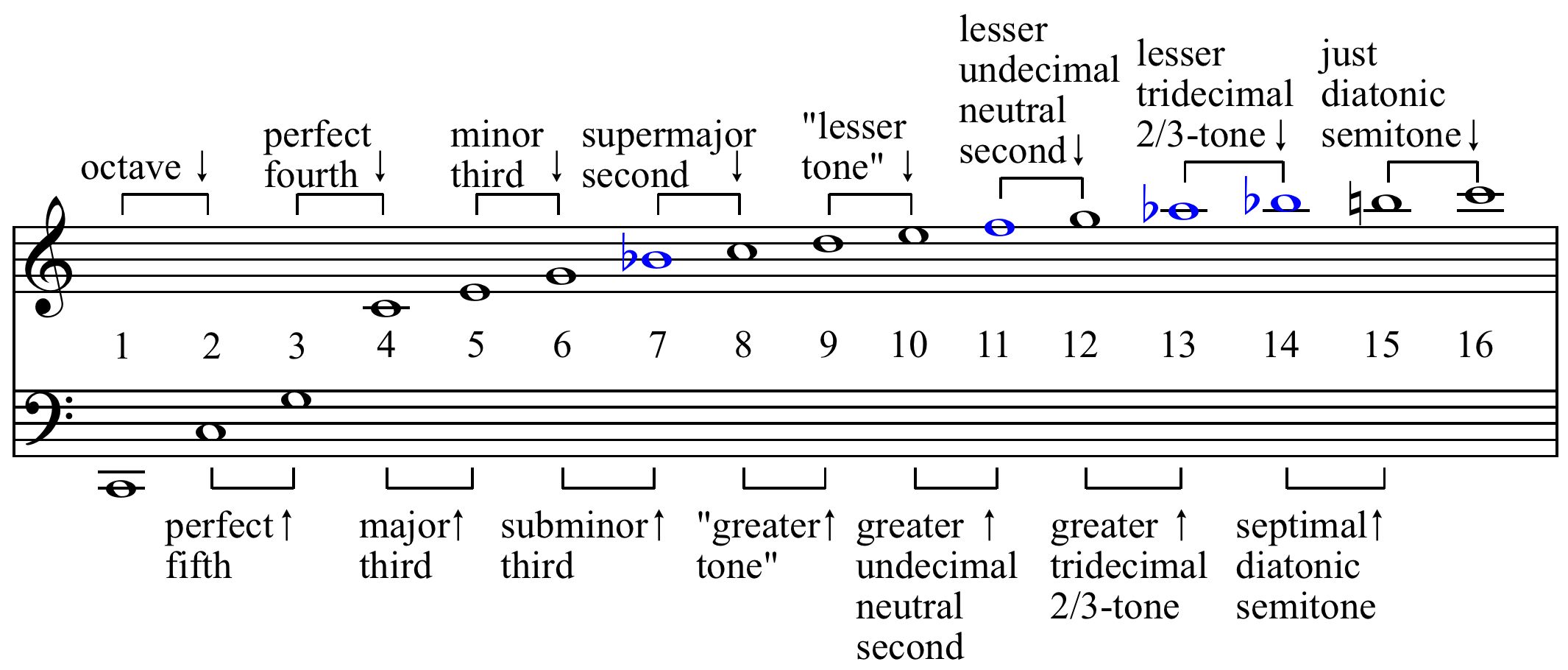Learning the art of music is a time-honored tradition that has transcended both cultures and is a deeply human part of the experience of life. No matter the nation, society, culture, or time, music has always been a part of human civilization. Knowing how to play an instrument, or embarking on that journey, is one of the simple pleasures of life. For those who find their passion in playing music, it is hard to think of another form of investment that’s more satisfying or life-giving. For others, this itch isn’t exactly something they can relate to.
While almost everyone loves some kind of music, not everyone is drawn to the concept or reality of becoming a musician. For those who are, this draw is strong, and it can be something that either becomes the main focus of their career or a passion they keep in their leisure. No matter what side of the equation you may fall on, learning music does come with a certain amount of challenge and a steep learning curve.
The best musicians in the world will be the first to say that the key to success is always going to be consistency and hard work. Like most things in life that can be mastered, time and commitment play a large role. Hours and hours of practice are always going to be in the picture when it comes to learning any instrument with proficiency. The good news is that learning an instrument can be very rewarding and satisfying.
Whether you are a new beginner learning your instrument for the first time, or a novice that wants to take your expertise to the next level, there are certain fundamentals that you are never too old to learn. Just like learning how to use a guitar tuner to tune your instrument, these fundamentals are essential for the basic elements of understanding and playing music. The good news is that they can be naturally learned or more rigidly studied. So whether you are self-taught, or plan on getting music lessons, here are some fundamentals you need to be aware of that you will learn!
- Rhythm
Rhythm is one of the most basic fundamentals of music. In a nutshell, this is the aspect of music that deals with timing and consistency. Rhythm is crucially important for consistency, and congruency, in the time and sound of the music itself. This aspect of music can be learned quite naturally, however, it’s also not uncommon for rhythm training to take time and dedication to master.
Even the most talented and natural learners when it comes to music still must be disciplined to know the rigorously important structure of rhythm. If you are learning music for the first time, don’t get discouraged by the challenges of learning the proper rhythm. This is hard, takes time, and is an actual learning curve that will be of great benefit to you once you’ve learned it.
- Melody
Possibly the second most important, although some may argue the most important, aspect of music is learning the melody. Melody, in music, simply refers to the actual memorable part of a song. For example, think of the classic wedding march, or better yet – the Imperial March, from Star Wars. Doubtless, if you are familiar with either of these iconic and popular songs, as you read the words you immediately heard the melody play in your mind. That recognizable aspect of music, the pitch, rhythm, and tones, all coming together to form a ‘song’ is what is known as the melody.
Being able to understand and replicate or create melodies is a rewarding, and deeply satisfying aspect of learning the art of music.
- Scales and Chords
There are obviously so many more fundamentals of music that you will learn than just three, however, scales and chords are worth highlighting. Learning your notes, your scales, your chords, and how they all work together is both the technical aspect of learning music and the creative. By laying a foundation of knowledge on these skills, you can then creatively build your own expression of music.
This is perhaps one of the most ‘dry’ and tedious aspects of learning music in general as there’s only one way to master your scales and chords – and that’s through practice.
Conclusion
The incredible thing about the fundamentals of music, the ones included above and all the ones not mentioned, is that they will become a regular part of your journey with music. Learning them may include a bit of a daunting learning curve, but it can be done. If you take the time and discipline to learn the fundamentals of music, they will serve you well as you grow and learn how to become the musician you are meant to be!
